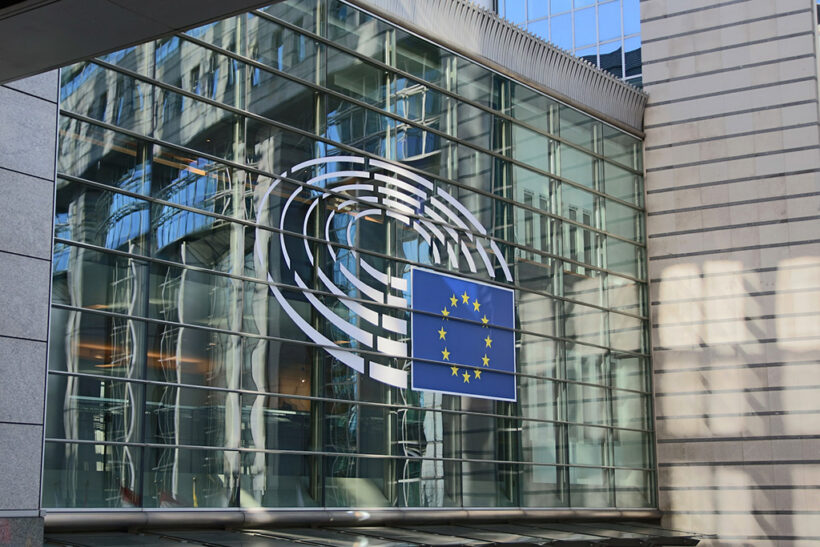The vote of the Spanish Socialist Workers’ Party in the European Parliament alongside the French extreme right is increasingly inexplicable from the point of view of human rights and ethics. A vote against freedom of information and expression in Morocco.
The socialist government presided over by Sánchez is more interested in holding the Spanish-Moroccan summit on 1 and 2 February than in supporting the Moroccan journalists imprisoned for carrying out their work as journalists. These journalists are Omar Radi, Taoufik Bouachrine and Souleiman Raissouni.
The Alawite monarchy and the mahzem are an inseparable pair, their ways of operating are manifold. From bribery, fake sex crimes, espionage, immigration and security. Everything is valid to impose their agenda. An agenda that includes continuing to occupy the territory of Western Sahara and keeping the Moroccan people intimidated by a regime that plays on supporting Ukraine with its tanks. On the other hand, it has just bombed a truckload of Mauritanian civilians on a road near the border of Western Sahara. All this after having killed several Saharawi, Mauritanian and Algerian civilians since 2021. It now seeks to close the road from the town of Tindouf in Algeria to the town of Zarate in Mauritania.
It seems that its new alliance with Israel and Donald Trump’s tweet recognising its occupation of Western Sahara have given it a new impetus to present itself as a new power in the Western Mediterranean. Its strategy is to put pressure on the European Union and strengthen its relations with the United States and Israel. This new change guarantees it will act with greater force to bend the UN in Western Sahara and continue its slow siege of the autonomous cities of Ceuta and Melilla.
I have just heard statements by the Socialist Member of the European Parliament Juan Fernández Aguilar in which he insisted in an interview with the Diario de Avisos de Tenerife, referring to Morocco: “if you have to swallow saliva and toads, you swallow them because it is a strategic neighbour”. I believe that this statement distances politics and politicians from their true mission, turning them into unprincipled people who act in disloyalty to the interests of the citizens who elect them. It seems that defending the freedom of information and expression in Morocco is a mistake, we must look the other way and let the executioner continue to act on the defenceless victim. The harassment with repeated trials of journalist Ignacio Cembrero, the exile of journalist Ali Lmrabet or the murder of Jamal Khashoggi by Saudi Arabia, are not part of the struggle for freedom against tyranny. According to López Aguilar we have to swallow these kinds of toads.
It seems we have not had enough with the death of the Saharawi journalist and activist Mohamed Salem Buchraya who died recently in the Negrín hospital in Las Palmas de Gran Canaria, while suffering from terminal cancer. Morocco expelled him from the Saharawi city of El Aaiun and separated him from his family to prevent his remains from being buried in Western Sahara.
When the government of a country like Morocco acts unscrupulously and loses all sense of humanity in its struggle to legitimise its invasion of Western Sahara, I sincerely believe that we need to look at politics and international relations differently. US professor Stephen Zunes, a specialist in international politics at the University of San Francisco said in his testimony at UN headquarters on 23 June 2016, referring to Western Sahara: “it is not simply the future of a small country, but the question of which principle will prevail in the 21st century: the right to self-determination or the right to conquer? the response could determine not only the future of Western Sahara but also the future of the entire international legal order for many decades to come”.
To allow the violation of the rights of journalists, of peoples, of territories is a grave and unprecedented act. No progressive party that has social and human rights at the heart of its governmental action can justify its support for a tyrannical regime.
Today, the PSOE is running out of arguments in its support of Morocco. It positions itself in favour of the oppressor against the rights of the oppressed. Its political ideology disappears when its vote coincides with the extreme right in its rejection of the values of freedom on which the European Union was founded.






